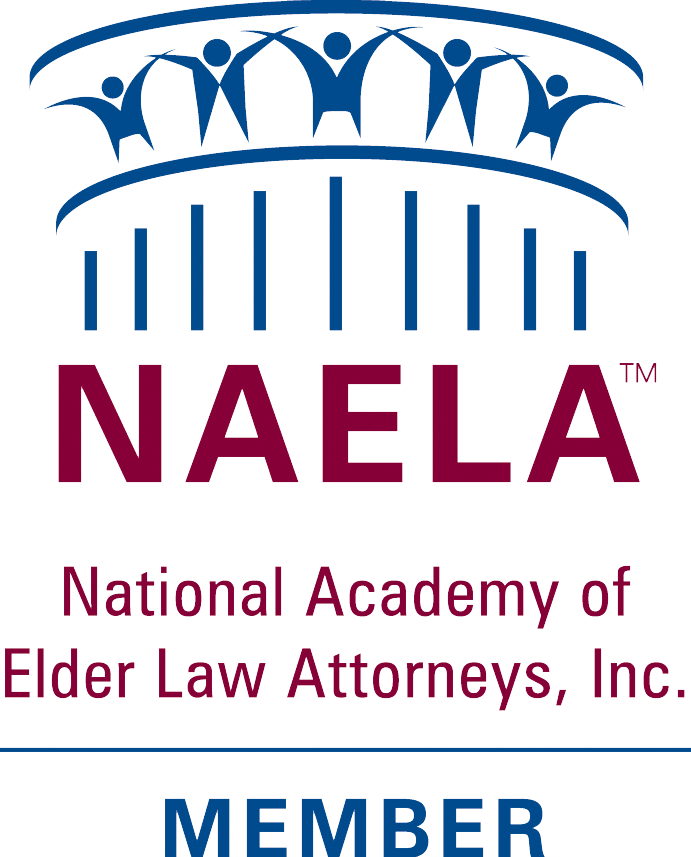 When two or more individuals own real property, the relationship between the owners is very important. The form of ownership of the property affects how property is transferred to someone else, and it is important to make sure you have the right form of ownership for your property. Below are 4 common types of property ownership: Tenancy in common is where each owner has an interest in the property and is free to transfer this interest during life or through a will. There are no automatic survivorship rights in Tenants in Common. Therefore, if one owner dies, his share passes to his estate and not necessarily to the co-owner. Each tenant can sever their relationship with the other tenants by conveying their interest to another party at any time. This is a common type of ownership for persons who are unrelated or have different families to whom they wish to leave their share of the property. Joint tenants is where the owners have survivorship rights.
When two or more individuals own real property, the relationship between the owners is very important. The form of ownership of the property affects how property is transferred to someone else, and it is important to make sure you have the right form of ownership for your property. Below are 4 common types of property ownership: Tenancy in common is where each owner has an interest in the property and is free to transfer this interest during life or through a will. There are no automatic survivorship rights in Tenants in Common. Therefore, if one owner dies, his share passes to his estate and not necessarily to the co-owner. Each tenant can sever their relationship with the other tenants by conveying their interest to another party at any time. This is a common type of ownership for persons who are unrelated or have different families to whom they wish to leave their share of the property. Joint tenants is where the owners have survivorship rights.
Therefore, if one of the joint tenants dies, his or her interest immediately ceases to exist and the remaining joint tenant(s) automatically own the entire property. The advantage to joint tenancy is that it avoids having an owner’s interest probated upon his death. Like the Tenancy in Common, each tenant can sever their relationship with the other tenants by conveying their interest to another party at any time. In order to create a Joint Tenancy, there is usually some wording required on the deed stating either “joint tenants”, “with rights of survivorship” or similar wording. If there is no such wording on the deed, then the ownership will be considered Tenancy in Common unless the parties are married. Tenancy by the entirety is a type of ownership available only to married or, where applicable, civilly united couples. One tenant cannot convey her interest on her own, unlike with the other tenancies. Upon the death of one spouse, his interest automatically passes to the other spouse, as with joint tenancy, and, unlike the other forms of ownership, the creditors of one spouse cannot attach the property or force its sale to recover debts unless both spouses consent. A conveyance to a married couple will be treated automatically as a tenancy by entirety, although the deed will often have wording such as “his wife”, “as husband and wife” or “tenants by entirety” to denote the ownership. Trust Ownership is where the property is owned by a trust. In this type of ownership, the terms and conditions of the ownership are governed by the terms of a written agreement, known as the trust agreement, and managed by a fiduciary known as the “trustee”. This is a common type of ownership where persons are looking to protect their property for a number of estate planning purposes, such as protection from Long Term Medical expenses, taxes, and creditors. You should consult with an experienced attorney in your area to get advice on the type of property ownership best suited for your situation.
You can email your questions to [email protected]

